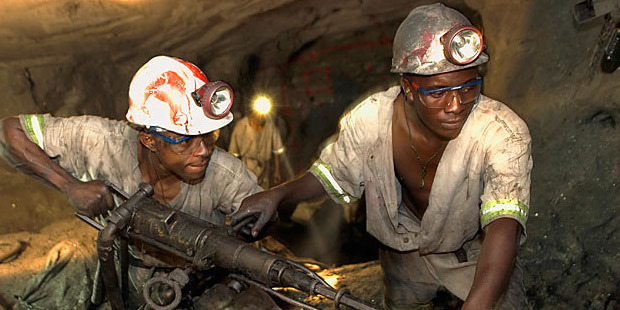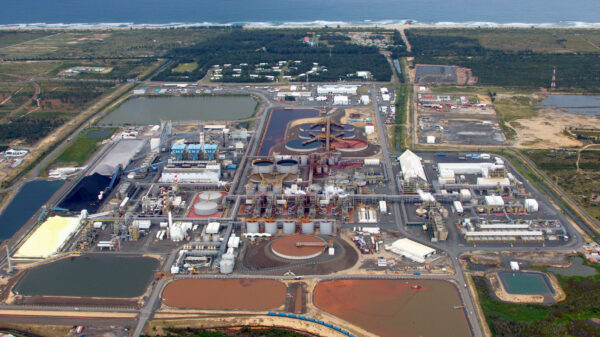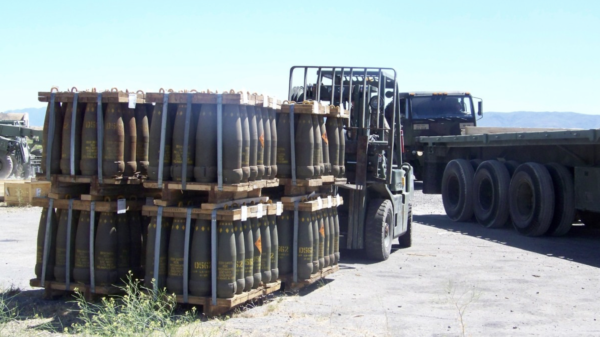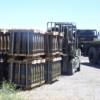Tanzania is grappling with the aftermath of a tragic landslide that occurred at the Ng’alita mine in the Bariadi district of the Simiyu region, resulting in the loss of 22 lives. The victims, engaged in small-scale mining, defied safety regulations and continued operations despite warnings. The accident sheds light on the risks faced by workers in the unregulated mining sector.
President Samia Suluhu Hassan expressed deep sorrow over the incident, emphasizing the crucial role these small-scale miners played in supporting their families and contributing to the nation’s development.
“These brothers of ours were small miners in this area, earning a living for themselves, their families, and contributing to the development of our nation,” she said.
Faustine Mtitu, acting commander for the region’s fire and rescue force, reported that rescue operations closed on Sunday, and all 22 deceased were men. “We are convinced that there are no more bodies trapped in the rubble,” he said, adding that safety procedures had not been followed at the mine.
The catastrophe unfolded Saturday as a group of miners, aged between 24 and 38, ventured into an area restricted due to heavy rains, violating safety protocols.
Simon Simalenga, the Bariadi district commissioner, told Reuters Magazine, “Initially we were told that there were 19 to 20 people who were trapped in the mines, but unfortunately we ended up retrieving 22 bodies.”
Simalenga explained that the group had started mining in an area rich in minerals two to three weeks prior, before the government had approved safety procedures.
Read More: Barrick Gold hosts human rights watchdog at embattled Tanzania mine
Systemic Challenges Amidst Tanzanian Mining Tragedy
This tragedy sheds light on the persistent challenges in Tanzania’s mining industry, where unsafe and unregulated practices continue despite government efforts to enhance safety for small-scale miners. The incident occurred after heavy rainfall, underscoring the impact of adverse weather conditions on mining operations. Moreover, the miners’ disregard for official directives raises questions about the enforcement of safety measures.
Minerals Minister Antony Mavunde visited the mine after the incident and urged all small-scale miners across the country to abide by the country’s mining laws. He added that they should take better safety precautions during their mining activities.
Mayunde emphasized the importance of learning from this incident, saying, “The regional mining officer visited them and stopped them from mining as it was working on the required procedures.”
The Ng’alita mine incident highlights not only an urgent need for stricter adherence to mining regulations but also underscores the broader issue of illegal and unsafe mining practices, a problem faced by countries across Africa.
As Tanzania grapples with the aftermath of the landslide, the nation is faced with a stark reminder of the inherent dangers within its mining sector. The incident, fueled by a combination of adverse weather conditions and non-compliance with safety measures, emphasizes the urgent need for a comprehensive overhaul of the small-scale mining industry.
The international community now ponders the broader issue of unregulated mining practices, as tragedies like the landslide underscore the imperative for both local and global efforts to address the safety concerns plaguing miners in Tanzania and beyond.
Read more: Illegal gold miners buried after Suriname mine tunnel collapses
zartasha@mugglehead.com













